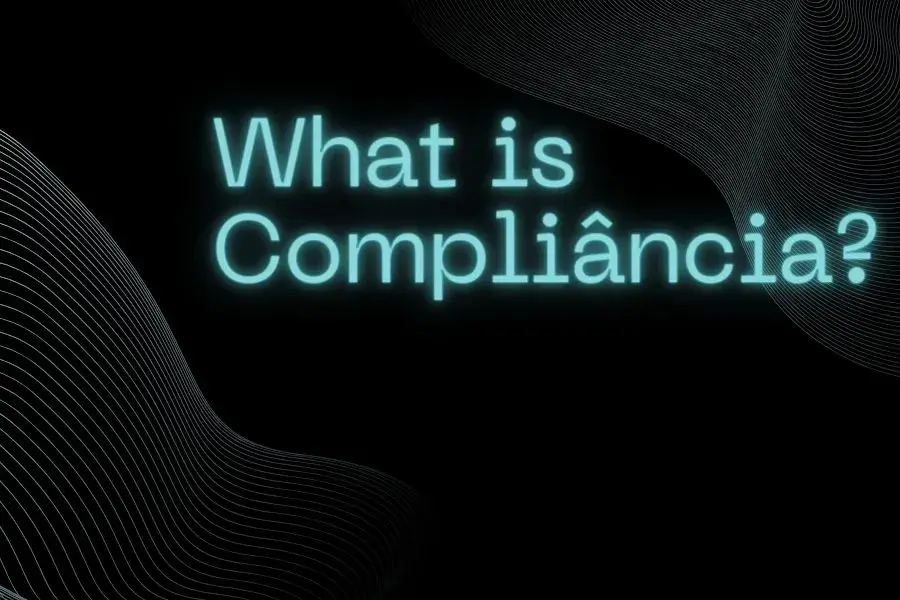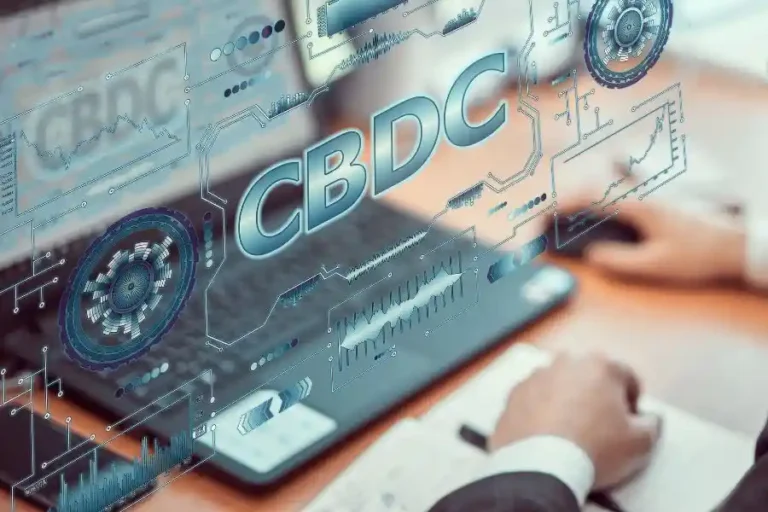Compliância: Navigating the Realm of Compliance in Business

In the intricate tapestry of business operations, understanding and implementing “compliância” is a legal requirement and a strategic imperative. This article delves deep into the concept of compliância, elucidating its importance, key components, challenges, and emerging trends. Let’s embark on a comprehensive journey to unravel the nuances of compliance and why it should be an integral part of every business strategy.
What is Compliância? All You Want to Understand
Defining Compliância
Compliância, at its core, revolves around adherence and conformity to a set of rules, policies, standards, or laws. It’s the bedrock on which responsible and ethical business practices are built.
Organizational Dimensions of Compliância
Governance: Establishing the organizational structure, decision-making rights, and accountabilities.
Explore how effective governance structures contribute to organizational success and compliance, highlighting real-world examples.
Risk Management: Identifying, assessing, and mitigating risks within the organization’s risk appetite.
Delve into the various risk assessment methodologies and how businesses can tailor them to their unique risk profiles.
Regulatory Compliance: Strict adherence to industry laws, regulations, and standards.
Examine the impact of regional and global regulatory differences on businesses and the strategies to navigate through them successfully.
Ethics and Integrity: Fostering a culture of integrity and ethical behavior within the organization.
Showcase case studies illustrating how companies with a solid ethical culture outperform in the long run, both financially and reputation-wise.
Information Management: Policies for adequate data and information management as valuable assets.
Discuss the growing significance of data as a valuable asset, exploring the best practices in information management and the implications of mishandling data.
Individual Perspectives on Compliância
Individuals, too, play a pivotal role in compliância:
Elaborate on how employees’ commitment to the organization’s code of conduct contributes to a positive compliance culture.
Discuss the personal responsibility of employees in staying informed about and adhering to relevant laws and regulations.
Why Is Compliância Important for Businesses?
Strategic Imperative
Prioritizing compliância is not merely about meeting legal obligations; it’s a strategic imperative with multifaceted benefits.
Avoiding Legal Penalties and Lawsuits
Non-compliance can expose businesses to fines, legal repercussions, and even criminal charges, emphasizing the importance of proactive compliance.
Explore high-profile legal cases resulting from non-compliance, shedding light on the financial and reputational toll on businesses.
Protecting Customers and Employees
Ensuring safety, health, and ethical standards is not just a legal duty but a moral responsibility. Non-compliance poses risks to lives and livelihoods.
Illustrate instances where companies prioritizing compliance have safeguarded the well-being of customers and employees.
Maintaining Reputation and Trustworthiness
Compliant companies are considered responsible and trustworthy, while non-compliance can inflict substantial damage to reputation and relationships.
Analyze the impact of compliance (or lack thereof) on brand reputation, citing examples of businesses that successfully navigated reputational challenges through robust compliance.
Improving Processes and Efficiency
Compliance activities, such as audits and documentation, not only ensure rule adherence but also reveal opportunities for enhancing operational efficiency.
Provide insights into how companies can leverage compliance processes to streamline operations and gain a competitive edge.
Challenges and Emerging Trends in Compliância
Regulatory Changes: A Constant Challenge
Dynamic Regulatory Landscape: Frequent updates and changes necessitate swift adaptation to remain compliant.
Discuss strategies for staying agile in the face of rapidly changing regulations, emphasizing the role of continuous monitoring and adaptability.
Sector-Specific Challenges: Industries like finance and healthcare face unique compliance challenges driven by evolving regulations.
Delve into these industries’ specific challenges and how innovative approaches are essential for compliance.
Technological Advances and Compliance
Role of Technology: AI and machine learning streamline compliance processes but raise data security and privacy concerns.
Explore the benefits and risks of integrating AI and machine learning into compliance processes, emphasizing the need for a balanced approach.
Blockchain’s Impact: Transparency and security in compliance processes but challenges related to data protection.
Detail how blockchain technology enhances transparency in compliance while addressing the potential risks associated with data protection.
Compliance in the Digital Age
Cybersecurity Challenges: The growth of e-commerce and remote work brings challenges in securing customer information.
Examine the evolving landscape of cybersecurity threats and how businesses can adapt compliance measures to protect sensitive customer information.
Opportunities in the Digital Era: Cloud-based compliance management systems offer streamlined solutions.
Highlight the advantages of cloud-based compliance solutions, discussing how they enhance efficiency and accessibility.
Conclusion
Compliância isn’t a mere checkbox on the to-do list; it’s a dynamic force shaping modern businesses. The ever-evolving regulatory landscape demands constant vigilance, robust compliance programs, and adept interpretation of laws. Technology offers solutions and complexities, emphasizing the need for a balanced approach. You can also know about Gekokujyo Program By A Child Prodigy Sefiria Chapter 22.2 through that blog.
FAQs about Compliância
What is Compliância, and why is it essential for businesses?
Compliância refers to compliance with laws, regulations, and standards. It is crucial for legal and ethical business operations, as non-compliance can lead to legal issues and reputational damage.
How can a company stay compliant with the ever-changing regulatory landscape?
Staying compliant requires regular monitoring, robust compliance programs, and leveraging technology for efficient compliance management.
What are some common compliance areas that organizations need to address?
Common areas include data privacy, financial regulations, anti-money laundering laws, environmental regulations, and labor laws, depending on the industry and jurisdiction.
How does technology, like AI and blockchain, impact Compliância?
Technology streamlines compliance processes but introduces data security and privacy challenges that organizations must address.
What are the consequences of non-compliance with regulations and standards?
Non-compliance can result in legal penalties, fines, reputational damage, loss of business, and, in some cases, criminal charges, eroding stakeholder trust.





